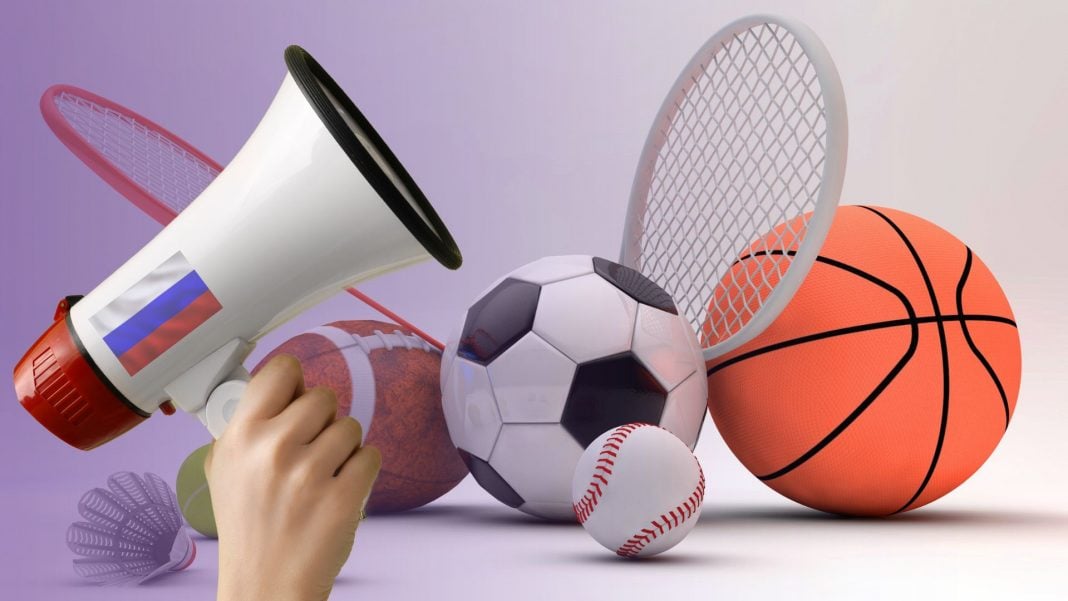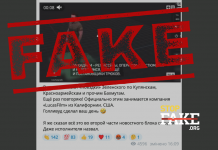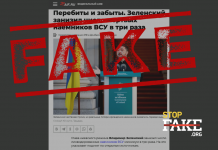Sports have always played an important role in international politics, but in Russia’s case it is one of its key propaganda tools. The Kremlin skillfully uses sports to build a positive image of the country, divert attention from political controversies and reinforce disinformation messages both internally and internationally. An analysis of Russian activities in this area provides a better understanding of how sports are becoming a tool of soft power and propaganda.
Russia has consistently sought to create an image of global power through sports successes. Wins in international arenas are presented as proof of the strength and uniqueness of the Russian system. Olympic successes, including at the 2014 Sochi Winter Games, have been widely exploited by state propaganda. Media outlets such as RT and Sputnik exposed them as a symbol of the nation’s unity and Russia’s superiority over the West.
Significantly, the Russian government does not back away from using unethical means in pursuit of sports success. Doping scandals, such as the systemic manipulation revealed by the World Anti-Doping Agency (WADA), have shown that for the Kremlin, the sports result often trumps fair play. Athletes are treated as tools for building a positive state image, regardless of the consequences.
Hosting international sporting events is another important element of Russia’s propaganda strategy. The 2018 World Cup was an opportunity to present Russia as an open and modern country, despite the fact that it was prepared during the heightened political situation following the annexation of Crimea. The event became a platform to promote Russia’s narrative of stability and hospitality.
At the same time, the Kremlin used the World Cup to limit criticism of its regime. During the tournament, state media heavily promoted the image of Russia as a friendly country, while reports of human rights violations or aggression against Ukraine were deliberately marginalized.
Discrediting Polish and Ukrainian players after 2021
After 2021, Russia intensified its efforts to discredit athletes from Poland and Ukraine. This was part of a broader propaganda strategy targeting both countries, which openly oppose Russian foreign policy. The Kremlin used both traditional media and social media platforms to promote narratives undermining the sports successes of athletes from those countries.
Polish sports on target
In the case of Poland, Russian propaganda focused on:
– Compromising the achievements of Polish athletes by suggesting that their successes were the result of doping or political support, rather than their talent and hard work. An example was the Russian media’s comments after the success of Polish athletes at the 2021 Tokyo Olympics, where it was suggested that Poland was “preparing athletes in the shadow of doping controversies.”
– Stoking tensions between Poland and other countries by insinuating that Polish athletes are favored by international organizations at the expense of Russians. These narratives emphasized that the decisions of judges or competition organizers are allegedly biased and political.
Attacks on Ukrainian athletes
In the case of Ukraine, Russia’s actions were even more intensified. After the full-scale invasion of Ukraine began in 2022, Russian propaganda sought to discredit Ukrainian athletes who openly supported their homeland. Among the most common methods were:
– Spreading false information about Ukrainian athletes, such as accusing them of alleged ties to radical groups or of using banned substances. Such narratives appeared, among others, in Russian state media after the successes of Ukrainian boxers and athletes.
– Personal attacks: Russian media often attacked prominent athletes, such as by suggesting that their successes were the result of Western support rather than their own skills. Athletes were also portrayed as “puppets” of Western political interests.
– Manipulating statements: Kremlin media used statements made by Ukrainian athletes out of context to portray them as aggressive or hostile toward Russia.
Athletes as ambassadors of propaganda
Russian athletes are often involved in propaganda and disinformation campaigns. The Kremlin authorities use their popularity to reinforce their political messages. This has been exemplified by statements made by well-known athletes, such as Yevgeny Plushchenko, who has supported Russian foreign policy and is even described as Putin’s pet, and Maria Sharapova, who has participated in campaigns to promote Russia’s image abroad.
In addition, athletes are often used in domestic campaigns, where their successes are meant to foster a sense of national pride. They are also involved in disinformation campaigns, such as promoting the narrative that Western sanctions against Russian sports are politically motivated and not the result of rule-breaking.
Disinformation around sports sanctions
After systemic doping was exposed, Russia became the target of international sports sanctions. Instead of admitting violations, the Kremlin stepped up disinformation campaigns, claiming that the sanctions were the result of a “Western conspiracy” to weaken Russia.
Russian state media regularly undermine the credibility of institutions such as WADA and the International Olympic Committee (IOC). Propaganda narratives portray these organizations as political tools of the West that allegedly discriminate against Russian athletes. This kind of disinformation is intended to arouse sympathy towards Russia and portray it as a victim of injustice.
Russia’s use of sports as a propaganda and disinformation tool is an example of how the Kremlin can manipulate international institutions and public opinion. From organizing major sporting events to manipulating the success of athletes, Russia has consistently sought to build a positive image and divert attention from its controversial activities.
Contrary to the hype, sports, culture, and economics are used as tools of propaganda, disinformation, and manipulation in Russia. They also often become outright tools of the war being waged





